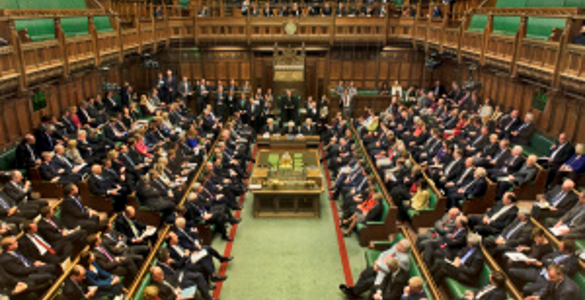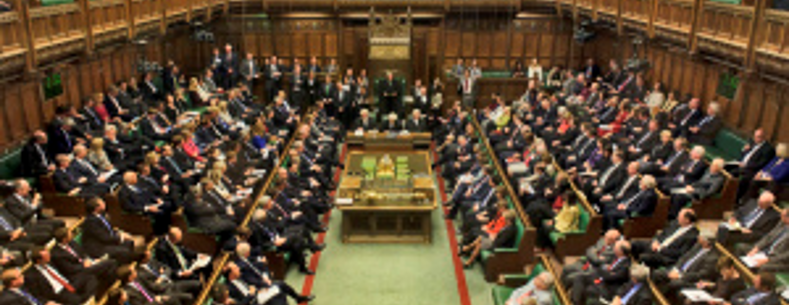On Tuesday 18 April the Prime Minister stated that she wanted a General Election to take place on Thursday 8 June, just two years after the last UK General Election in 2015. The reasons the Prime Minister outlines for doing so are related to the UK’s exit from the European Union. However, it is no longer in the Prime Minister’s “gift” to call an election. Due to the Fixed-term Parliaments Act 2011 certain procedures must take place in Parliament before an election can be called.
The Act
The Act specifies two mechanisms by which Parliament could “trigger‟ an early election. Firstly, the Act states that:
If the House of Commons passes a motion of no confidence in the Government, an election must be held unless within the period of 14 days the House passes a motion expressing confidence in a Government.
This provides an opportunity for an alternative government to be formed without an election. Secondly, an early election could be “triggered” by a vote passed by at least two-thirds of all MPs in favour of dissolution:
Subsection (1) provides for an early election if the House of Commons passes a motion that there should be such an election. Where such a motion has been passed on a division, the number of members who voted in favour of the motion must be a number equal to or greater than two-thirds of the number of seats in the House, including vacant seats.
Section 3 states that Parliament cannot be dissolved in any other circumstances, hence ending the royal prerogative power of dissolution.
The debate
A debate on the motion “That there shall be an early general election” took place in the House of Commons on Wednesday 19 April. 522 MPs voted in favour of the motion and 13 against. Plaid Cymru and the Liberal Democrats voted in favour of the motion. So, overwhelmingly, did Labour but the 13 voting against were predominantly Labour MPs with the others being SDLP or independent. The opponents included the Rt. Hon. Ann Clwyd MP. The SNP abstained.
During the debate some MPs were moved to reflect on the efficacy of the Fixed-term Parliaments Act 2011. Conservative, Sir Edward Leigh MP, intervening in the Prime Minister’s speech, said:
It would be a brave man or woman who voted against this motion. The Fixed-term Parliaments Act 2011 is therefore seen to be an emperor without clothes—it serves no purpose, and many of us have questioned it for many years. Will the first line of our manifesto be to scrap it?
Angus Robertson MP, Leader of the SNP group, said:
The Fixed-term Parliaments Act 2011 was supposed to stop political parties abusing their position and putting party before country. Today the Tories are going to do just that, and, sadly, the Labour party is going to vote with the Tories and make life easy for them.
Conservative, Peter Bone MP saw the Act as enhancing Parliamentary authority:
This illustrates the advantage of the Fixed-term Parliaments Act. If the House does not agree to a general election, it will not happen and the Government will continue in office. Any Opposition Members who did not want a general election would be very strange creatures indeed. Any Opposition Members who sat on their hands and did not vote would be regarded as impotent Members of Parliament.
Jacob Rees-Mogg MP, a fellow Conservative, disagreed:
But does this not demonstrate why the Fixed-term Parliaments Act can never work? No Opposition can sensibly say that they would prefer a Government they oppose to continue in office, rather than having a chance to defeat them. The Act does not therefore fit within our constitution, and it ought to go.
Future elections
The date of the next parliamentary general election will automatically revert to the first Thursday in May in 5 years’ time, i.e. 5 May 2022. This would avoid a clash with the Assembly elections which are due to be held in May 2021. However, if things remain as they are the local elections will permanently coincide with the General Election.
Article by Dr Alys Thomas National Assembly for Wales Research Service.
Photo Source: Image from Flickr by Catherine Bebbington/Parliamentary Copyright Licensed under Creative Commons.
This post is also available as a print-friendly PDF: Triggering an early election: The Fixed-term Parliaments Act (PDF, 146KB)






